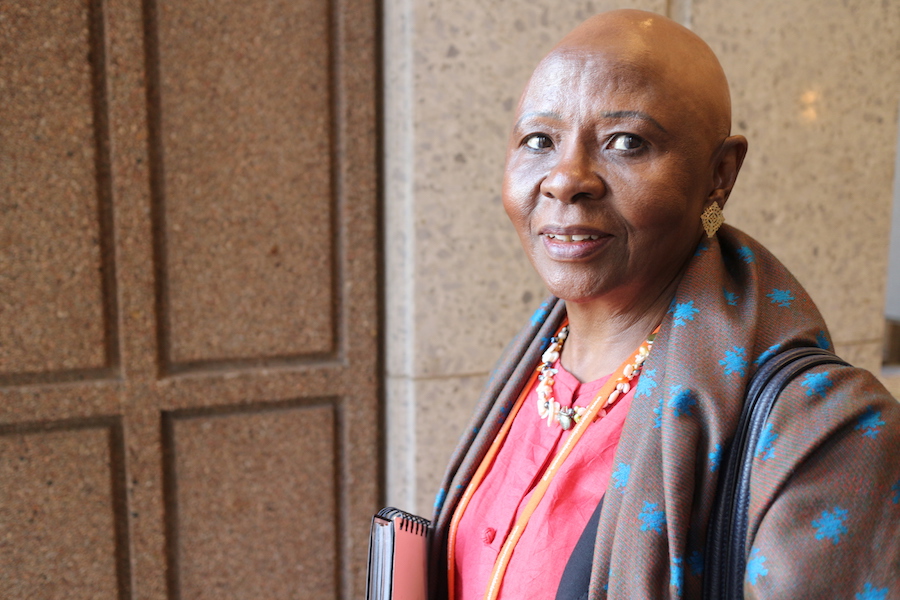 “I wonder whether any ethics are applied in collection of samples of Ebola and HIV/AIDS in emergency situations. When I talk to doctors about it, they are aware that some researchers from the developed world provide expertise and fund research in pandemic situations. But there are issues on data collection ethics based on informed consent by subjects that deserve scrutiny, given the emergency situations and language barriers under which data is collected. Are there Memoranda of Understanding between African governments and researchers under these conditions? There is a need for transparency and openness. Given the extensive ethical regulations for research on human subjects in the developed world, African countries – which are prone to pandemic disease problems – must engage in the discourse on ethics of data collected under the unique situations that they experience.
“I wonder whether any ethics are applied in collection of samples of Ebola and HIV/AIDS in emergency situations. When I talk to doctors about it, they are aware that some researchers from the developed world provide expertise and fund research in pandemic situations. But there are issues on data collection ethics based on informed consent by subjects that deserve scrutiny, given the emergency situations and language barriers under which data is collected. Are there Memoranda of Understanding between African governments and researchers under these conditions? There is a need for transparency and openness. Given the extensive ethical regulations for research on human subjects in the developed world, African countries – which are prone to pandemic disease problems – must engage in the discourse on ethics of data collected under the unique situations that they experience.
It’s the same in the humanities and social sciences: researchers come and take and go. It is rare for research projects to include funding in the initial project proposal for reporting back to the subjects of the research. In Botswana, there was a national scan for indigenous knowledge. We were promised there would be a report back [to the community], but the [research team] never came back. And then researchers are surprised that participants don’t trust them!
Colonialism was first about land resources. Now, without open access, globalisation of research may become the next wave of colonisation. Lower and middle income country researchers need to engage in open debates among themselves on the ownership of data, and how to develop collaboration from collection to analysis with a view to facilitating shared benefits and innovative re-use. Only in this way will the issues of intellectual property rights be negotiated in an equal exchange. All researchers – but especially Africa’s researchers – should reflect on the necessary policy and regulatory frameworks that should be negotiated with local institutions and national governments, as part of their intellectual contributions to evidence-based solutions and sustainable development.
Openness is about exposing your strengths and weaknesses. No one should be intimidated that some have more money. Others have ideas.”
